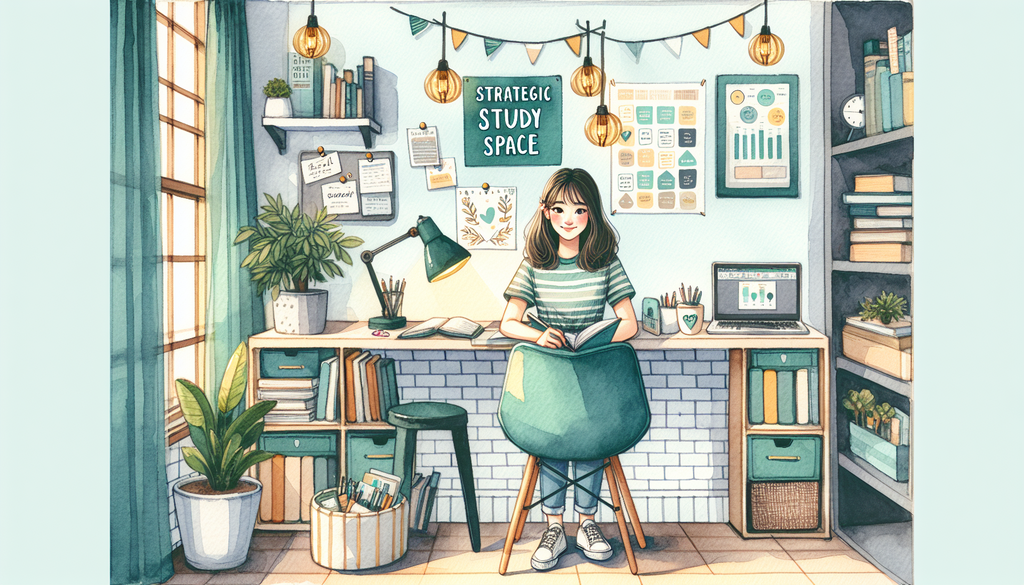Strategic Study Spaces: Designing for Focus and Efficiency

Creating an effective study space for your child can be instrumental in their learning process. A carefully designed study space can enhance focus, efficiency, and overall learning experience. This is all the more pivotal when it comes to children with special needs or those identified as gifted and talented. Understanding the individual needs and preferences of your child can help you create an environment that supports their unique learning style.
Essential Elements of a Productive Study Space
The key to a productive study environment is to cater to sensory needs, prioritize accessibility, and ensure ergonomics and comfort.
Sensory Environment: For many children with special needs, sensory sensitivities can impact their ability to focus. Creating a low-stimulus environment by considering factors such as lighting, noise levels, and color palettes can minimize distractions and help your child focus better.
Accessibility: Ensure that your child has easy access to essential study materials. Accessibility is critical in an inclusive learning environment.
Ergonomics and Comfort: Choose furniture that supports healthy posture. Seating should be height-adjustable, and desks should have ample space for work and materials.
Tailoring Spaces for Individual Needs
Every child is unique, and so are their learning requirements. Here are some strategies for creating study spaces that cater to specific needs.
Children with Physical Disabilities: Look for adaptive furniture and ensure that the layout of the room allows for easy navigation. Extracurricular activities should be taken into account in the design of the space.
Gifted Learners: Study spaces for gifted children should cater to their fast-paced learning and diverse interests. Encourage their curiosity by providing resources that stretch their abilities.
Children with ASD: Children on the autism spectrum often thrive when they have consistent routines. Creating dedicated zones for specific activities can support this need.
Parental Role: Facilitator and Advocate
Parents play a fundamental role in facilitating an ideal learning environment at home. It’s crucial to involve your child in the process, respecting their inputs, and letting them have a sense of ownership over their study space.
Parents are also their child’s biggest advocate. It’s important to take these considerations into account when talking to educators about your child’s needs. This could mean pushing for accommodations in classroom environments, ensuring inclusive recreation spaces at school, or advocating for alternative pathways in gifted education – can go a long way in ensuring optimal learning conditions for your child beyond the confines of home.
Strategic study spaces are one of the many ways parents can support their children’s learning paths. As your child grows and evolves, so should their study space; remaining flexible and willing to adapt is key. Just as every child is unique, every effective study space will be unique as well. Happy designing!